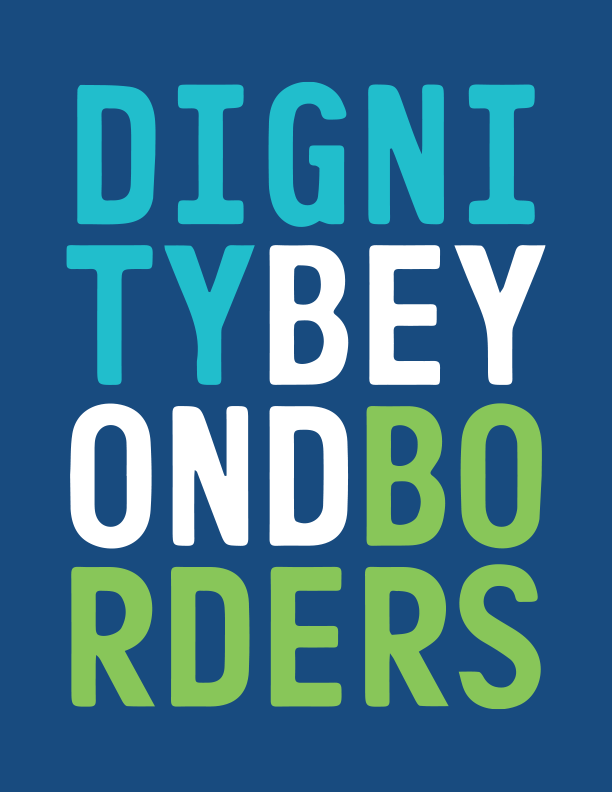In exploring the Bahá’í teachings, one profound principle emerges: “Geography Is Not Destiny.” This notion underpins the Bahá’í perspective on unity, transcending geographical boundaries and emphasizing the oneness of humanity. Such tenets are instrumental in fostering a global consciousness that champions universal peace and solidarity. This article elucidates various dimensions of this principle, encompassing its historical underpinnings, philosophical implications, and practical applications in fostering unity beyond borders.
Historical Context of Bahá’í Teachings
To appreciate the significance of the saying, one must first delve into the historical context from which Bahá’í teachings arise. Founded in the 19th century in Persia, a time of sociopolitical tumult, the Bahá’í Faith emerged as a response to the profound disparities between different classes and cultures. The founder, Bahá’u’lláh, proclaimed that the divisions created by nation-states, ethnicities, and races are artificial constructs. He posited that humanity is one family, inherently united despite the apparent differences.
Bahá’u’lláh’s teachings illuminate the essential need for a global perspective, urging individuals to rise above parochial loyalties. Geography, he instructs, should not determine one’s fate or dictate the worthiness of individuals. This profound assertion reverberates through the very fabric of Bahá’í philosophy, establishing a framework for understanding humanity’s shared reality.
Philosophical Implications of Unity
The philosophical implications of the Bahá’í teaching that “Geography Is Not Destiny” extend far beyond mere rhetoric. This principle invites a radical rethinking of identity and belonging. It champions the idea that empowerment is not tethered to one’s location, nationality, or socioeconomic status. Such a viewpoint engenders a more inclusive and holistic understanding of human rights, promoting the idea that all individuals deserve equal opportunities irrespective of their geographical confines.
This shift from a localized sense of identity to a global one creates a fertile ground for empathy and compassion. When individuals perceive their realities as interconnected, they are likely to act with greater altruism. Recognizing that one’s own plight might resonate with the struggles of another, regardless of their geographic location, cultivates a spirit of unity, paving the way for meaningful international collaboration.
Practical Applications of Bahá’í Teachings
The application of Bahá’í teachings concerning unity faces numerous challenges yet offers equally potent avenues for progress. In societal structures globally, diverse cultures often clash due to ingrained biases born from historical grievances and misunderstandings. The Bahá’í response is threefold: education, dialogue, and community-building. Through education, particularly in moral and ethical realms, individuals can cultivate a deeper understanding of their shared humanity.
Dialogue stands as another crucial tool. Principles of constructive engagement foster spaces where individuals can discuss differences without precipitating conflict. By actively listening and seeking common ground, people can potentially achieve a harmonious existence characterized by mutual respect. Online forums, community gatherings, and interfaith dialogues exemplify such spaces, promoting discourse centered on shared values.
Community building serves as the cornerstone for translating theory into practice. Initiatives grounded in the principles of service, such as grassroots projects aimed at alleviating poverty or addressing environmental issues, underscore the importance of collective action. Such endeavors advance not only the well-being of local communities but also reinforce the notion of interconnectedness across borders, demonstrating that collective action can yield transformative impacts that transcend geographical limitations.
The Role of Education in Fostering Unity
Education emerges as paramount in the Bahá’í pursuit of global unity. It is posited as a fundamental means of enlightening individuals about the virtues of unity. A Bahá’í education emphasizes moral development alongside intellectual growth, cultivating qualities such as justice, equity, and service. Such an educational framework equips individuals to challenge prejudiced views and societal norms that emphasize division.
Incorporating a diverse curriculum that includes narratives from multiple cultures fosters an understanding that transcends geographical confines. By recognizing the contributions of various civilizations to human progress, learners gain a richer, more multifaceted perspective. Building a global culture of respect and understanding is no small endeavor; however, it is one that the Bahá’í teachings robustly advocate.
Globalization and the Bahá’í Vision
In an increasingly globalized world, the implications of the Bahá’í teaching that geography is not destiny are salient. Globalization presents both opportunities and challenges in the quest for unity. While it fosters interconnectivity, it also risks perpetuating cultural homogenization and economic disparities. The Bahá’í perspective urges individuals to harness globalization to promote unity and equity, ensuring that all voices are acknowledged within the global dialogue.
The Bahá’í vision posits that true globalization reflects the diversity of humanity rather than merely the dominance of certain cultures over others. It envisions a world where cultural exchange leads to mutual enrichment, transcending materialistic objectives. This approach calls for policies that prioritize human dignity and ethical considerations above profit and exploitation.
Conclusion: Toward a Unified Global Society
Ultimately, Bahá’í teachings enrich the discourse on humanity’s potential by affirming that “Geography Is Not Destiny.” This foundational principle invites all individuals to reconsider their roles within the vast tapestry of human existence, catalyzing a shift toward a unified global society. As humanity collectively navigates the complexities of its shared journey, the urgent call for empathy, cooperation, and understanding resonates louder than ever, laying the groundwork for a future where borders become mere lines on a map, rather than barriers to our shared dignity and humanity.
